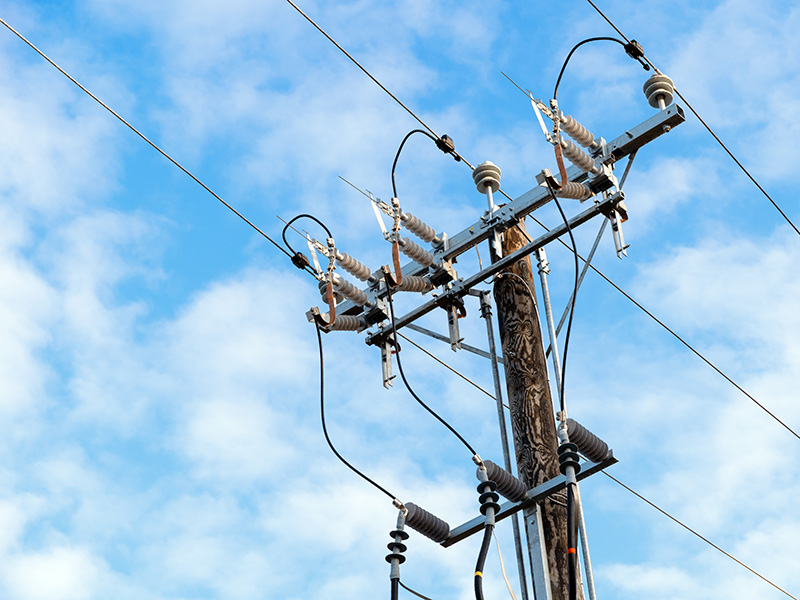In a dramatic and unprecedented move, Kaduna Electric, the electricity distribution company for Kaduna State, has disconnected the power supply to the Kaduna State Government House and other key government facilities. This action stems from an outstanding debt of N2.9 billion, which has been accumulating over several months.
The Escalating Debt Issue
The conflict began when the Kaduna State Internal Revenue Service (KADIRS) took legal steps to seal the offices of the Kaduna Electricity Distribution Company (KAEDC). KADIRS claimed that KAEDC had failed to pay N600 million in taxes. This move set off a chain of events that culminated in the current power cut.
On Friday, August 2, Kaduna Electric announced via X (formerly known as Twitter) that they had disconnected power to the government house. The company explained that the debt had been building up from January to July and included historical arrears that had not been settled.
Failed Negotiations and Final Actions
Kaduna Electric described the decision to cut off power as a “last resort.” According to their statement, they had issued a disconnection notice on July 21, which was received by the governor’s office on July 22. Despite numerous attempts to resolve the issue through consultations and reconciliations, the efforts were unsuccessful.
The company emphasized that they had exhausted all other options before taking this drastic step. Kaduna Electric stated that their goal was to encourage the government to address the unpaid bills and to highlight the importance of paying for the electricity services provided.
Impact on Government Operations
The power cut has significant implications for the operations of the Kaduna State Government. Government facilities, including the Government House, rely heavily on a steady power supply to function efficiently. The lack of electricity can disrupt administrative tasks, communication, and essential services, affecting the daily lives of government employees and the public who rely on these services.
Reactions and Future Steps
The disconnection has sparked widespread reactions from both the public and officials. Many are concerned about the potential impact on governance and public services. There is also growing interest in how the government will respond to the situation and whether they will take immediate steps to settle the outstanding debt.
For now, Kaduna Electric stands firm in their decision, reiterating that the disconnection was necessary due to the significant debt and the failure of previous negotiation attempts. They have called on the government to promptly address the issue to restore the power supply.
The statement read;
“In a dramatic move highlighting tensions between utility providers and state governments, Kaduna Electric has disconnected electricity supply to the Kaduna State Government House and other state government accounts due to unpaid bills.
“Kaduna Electric announced the disconnection following extensive efforts to resolve the issue through consultations and reconciliations. The outstanding balance for electricity consumed from January 2024 to July 2024 amounts to N1,166,856,991.87, with a total debt, including historical arrears, reaching N2,943,060,116.77.
“Despite a payment of N256,920,963.88 made on 9 May 2024 for electricity consumed between September 2023 and December 2023, the debt remains significantly high. Kaduna Electric’s decision to disconnect power came after repeated attempts to address the payment issues, including several consultations with state officials.
“In contrast, other states under the Kaduna Electric franchise, such as Sokoto, Kebbi, and Zamfara, have maintained their accounts in good standing. A disconnection notice was issued on 21 July 2024 and received by the Office of the Governor on 22 July 2024.
“The move reflects Kaduna Electric’s need to meet its financial obligations amidst broader challenges in the electricity sector. Kaduna Electric emphasised that the disconnection was a last resort after all other avenues for resolving the payment issue were exhausted. The Nigerian Electricity Regulatory Commission (NERC) previously intervened in Kaduna Electric, installing an Administrator and Special Board to oversee the company during a transitionary period prior to an official takeover by the current investors.
“The Administrator committed to an agreement with the Kaduna Inland Revenue Service to pay N20 million monthly, including statutory monthly tax payments, an agreement that has been honoured since the takeover by the current management. The situation underscores the urgent need for improved financial management and timely payments by government entities to avoid disruptions in essential services.”
This situation highlights the broader challenges facing public utilities and government bodies in managing finances and ensuring the continuous provision of essential services. It also underscores the importance of effective communication and resolution mechanisms between service providers and government entities.







